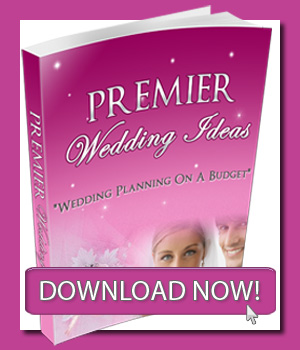For a lot of women, their wedding dress is the highlight of the whole wedding planning experience. Many brides-to-be have had a dream wedding gown in mind since they were little girls and when it comes time to shop for the real thing a lot of time and energy will be spent on this aspect of the planning process.
Keep an Open Mind
Unless you are completely set about having a certain colour and style of wedding dress you should try to be open to all styles, at least at first. Seeing certain cuts of a dress in a magazine or on a mannequin may be misleading as many dresses could look quite different on your body. That dream dress you’ve always had in mind may not actually suit your shape once you get it on. By trying a wide range of style at first, you’ll give yourself a better idea of what’s going to look perfect on you so you can start narrowing your search.
Shop with a Trusted Companion
While your caring friend or loving sister may have your best interests in mind, they may not always have your tastes in mind as well. Everyone has their own style, so while it’s a great idea to bring someone with you for a second opinion and extra pair of eyes, be sure the shopping buddy you bring knows what suits you and understands what you want rather than what styles they prefer.
Budget before You Shop
Before you even set foot in a store, figure out your wedding budget and decide how much you’ll be willing to spend on a dress. Stick to shopping only in the bridal shops that have dresses in your price range. Figure out if you’ll be renting your dress, buying one brand new, or looking for a used dress. Some women buy a dress and never get married or some buy their dress but change their minds a buy an entirely different one before their wedding day. Buying a used wedding dress is an option that could save you quite a bit of money.
Keep the Little Things in Mind
If you have any idea how you’ll be wearing your hair and makeup, try to wear it that way when you do your dress shopping. Wear shoes that would be similar to something you’d wear for your wedding as well. Since you’ll be wearing your dress all night, don’t forget that you’ll need to have at least some degree of comfort. You don’t want to spend your entire wedding day tripping over a beautiful but ridiculous train or struggling to breathe in a too-tight corset. Take your time when shopping for the perfect dress and you’ll feel radiant and wonderful when it comes time to walk down the aisle.





